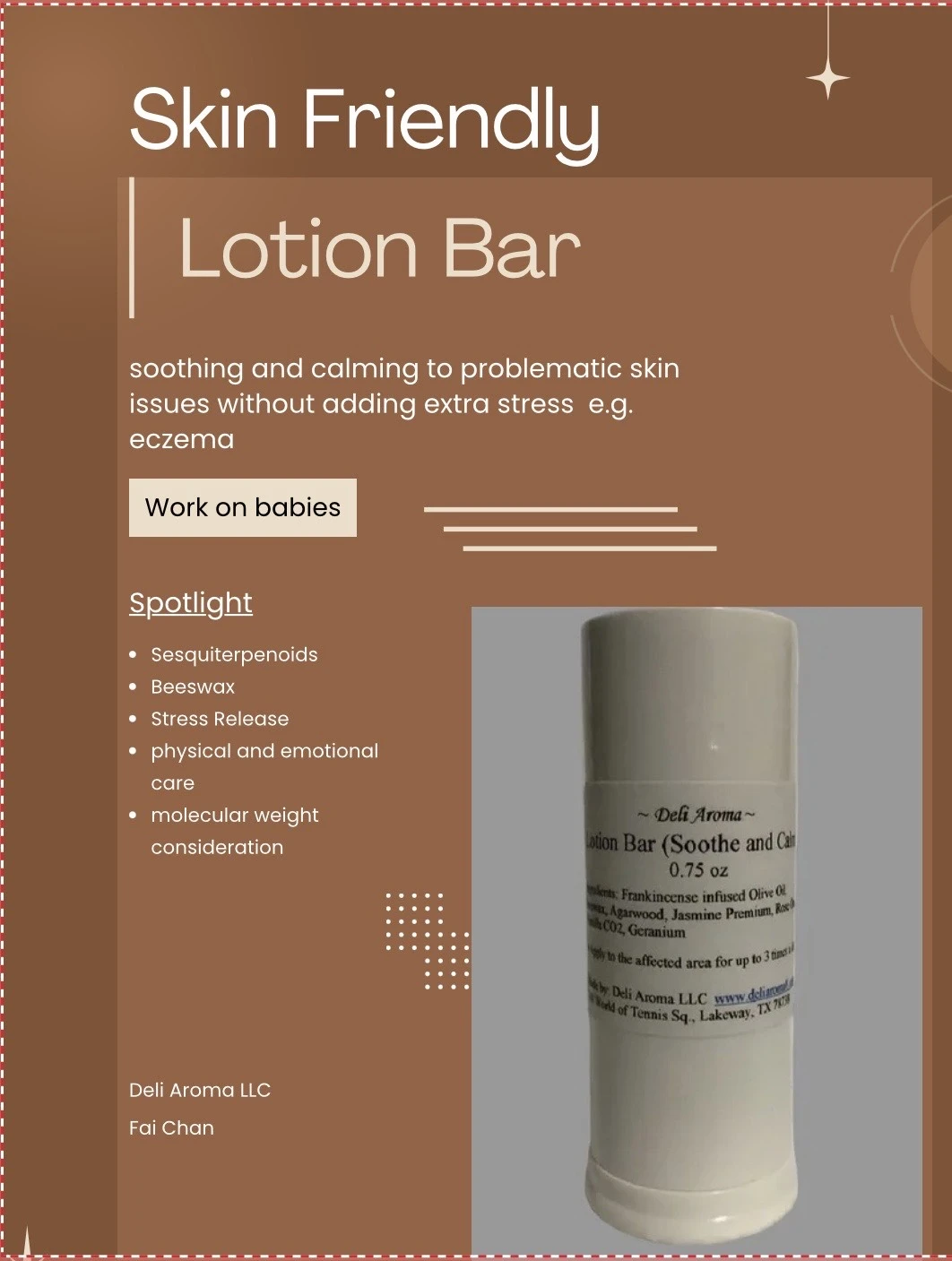Indexed In
- Open J Gate
- Genamics JournalSeek
- ResearchBible
- RefSeek
- Directory of Research Journal Indexing (DRJI)
- Hamdard University
- EBSCO A-Z
- OCLC- WorldCat
- Scholarsteer
- Publons
- MIAR
- Euro Pub
- Google Scholar
Useful Links
Share This Page
Journal Flyer

Open Access Journals
- Agri and Aquaculture
- Biochemistry
- Bioinformatics & Systems Biology
- Business & Management
- Chemistry
- Clinical Sciences
- Engineering
- Food & Nutrition
- General Science
- Genetics & Molecular Biology
- Immunology & Microbiology
- Medical Sciences
- Neuroscience & Psychology
- Nursing & Health Care
- Pharmaceutical Sciences
Biologics are the future for the medical diagnostics and clinical treatment
Global Congress on Biochemistry, Glycomics & Amino Acids
December 08-09, 2016 San Antonio, USA
Moses Prabu
Middle Tennessee State University, USA
Scientific Tracks Abstracts: Biochem Anal Biochem
Abstract:
Biologics are the future for the medical diagnostics and clinical treatment of various human- and animal diseases. Studies by clinicians and veterinarians have shown the vulnerability of small molecule therapeutics to exhibit inferior efficacy, poor bioavailability and challenges to long-term patient response. These limitations are further compounded by drug resistance and side effects. Therefore, the advent of biologics presents a promising future for therapy, preventative care and diagnostics. Despite the immense leap in advantages of the biologics over conventional drugs, the regulatory steps to be implemented at every milestone between product discovery to clinical administration and safety monitoring are highly challenging and complex. Most of the issues do not necessarily arise from the biological drug itself, but the methods adopted during the manufacturing and testing of biologics may not be molecule-specific. Notably, the safety standards are implemented at latter stage of the developmental process and they are often ignored in the preliminary steps. Although premature implementation of regulatory processes may result in high cost-over runs and scientific limitations, establishing a compliance frame work for the product development may be advantageous overall. Baring the proof of concept part of a project, the processes and materials used at every step of the manufacturing and delivery of biologics must be designed initially with compliance objectives. It is crucial that the scientists and engineers have a clear understanding of the compliance requirements when adopting method development practices. Fostering a culture of compliance among the team workers may be essential for the successful launch of a biological drug. Instead of allowing the regulatory requirements to be a distraction from scientific innovation, timely adoption of compliance practices would actually enhance research outcomes to be translated into medical applications. After all, the regulations are not meant to impede into knowledge but are devised to protect the consumer population, who are the patients and healthcare seekers.
Biography :
Moses Prabu has completed his Bachelor’s in Physics from the American College, Madurai, India and continued his education received a Master’s degree in Advanced Physics with specialization in Quantum Optics and Solid State Physics. He received his PhD in Biophysics from Indian Institute of Science, Bangalore, India, where his contributions revealed new insights into plant lectins, microbial RecA and chemical evolution. He joined Dr. Celia Schiffer at UMASS Medical School, Worcester, MA, to pursue his Post-doctoral research in HIV. His research led to the discovery of a “substrate-envelope” hypothesis which revealed the structural rationale for substrate specificity, drug resistance and coevolution of HIV-1 protease. He was a Faculty Member at the Commonwealth Medical College, Scranton, PA. In addition to his current role as a Protein Scientist, he also offers professional consultation services on regulatory implications on clinical application of biological drug compounds and preclinical testing of investigative drugs. In parallel to his basic science research, he is also involved in Collaborative Clinical Research and studies involving human behavioral patterns in social settings.
Email: moses.prabu@mtsu.edu


